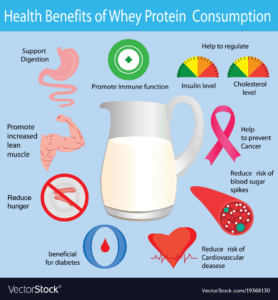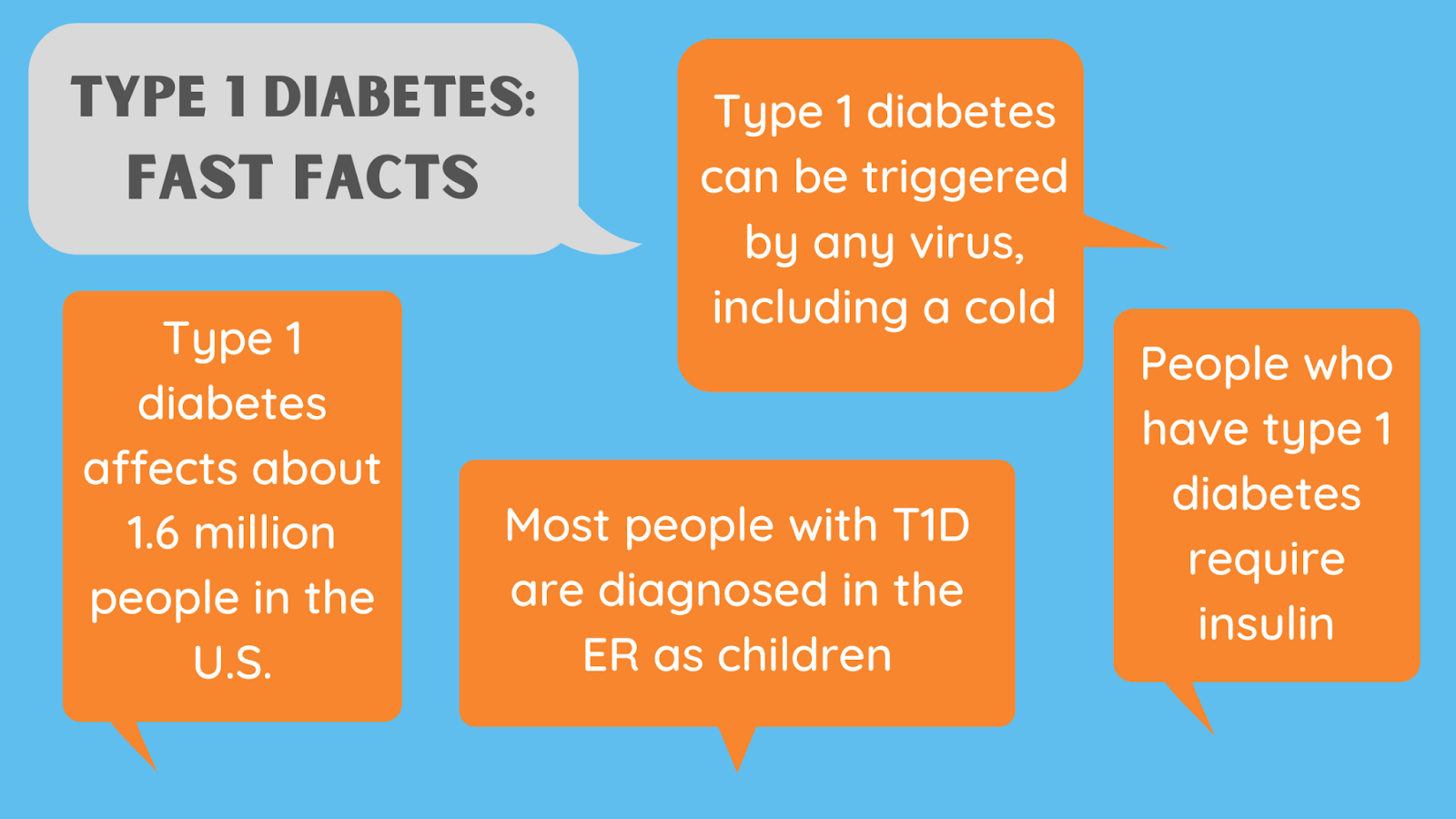
If you are looking for a high protein diet to help control your blood sugar level and aid weight loss, then you should give whey protein bars for type 1 diabetes a try. There are many different whey protein bars for diabetes that you can choose from. These protein bars come in two varieties: casein-based and whey protein-based.
Many people who have diabetes find it difficult to say no to sweet and delicious snacks. You can still eat your favorite chocolate, vanilla, or strawberry dessert while simultaneously losing weight. By combining protein bars for diabetes with a healthy diet full of fruits, vegetables, and fiber, you can significantly improve your health.
When you have whey protein bars for type 1 diabetes, you can easily get the protein you need without having to go through the trouble of trying to break down the protein by yourself. This helps you maintain a healthy balance and allows your body to use other sources of nutrition instead of having to depend on just your whey protein bars for type 1 diabetes.
Learning More About Type 1 Diabetes
Type 1 diabetes, also called insulin-dependent diabetes, is a medical condition where the pancreas does not produce adequate insulin to help sugar (glucose) enter cells to create energy.1 This can cause an imbalance which usually leads to excessive amounts of glucose in the bloodstream. If this condition is left untreated, the result is usually hyperglycemia, which is marked by high blood sugar levels.
Unlike adult diabetes, there are no medicines that can be given to reverse the condition of type 1 diabetes, however, lifestyle changes can be made so that it is easier for the body to properly use glucose as a fuel for the cells. This can be achieved through a proper diet and regular exercise. Excessive amounts of glucose in the bloodstream can be harmful to the cells.2

Type 1 Diabetes Symptoms
The symptoms of diabetes mellitus are commonly manifested as headaches, dizziness, excessive thirst and hunger, urination, and insomnia.3 Sometimes, these symptoms do not show immediately and you might not immediately conclude that you have diabetes when you experience some of them. You should check with your doctor so that he can monitor your glucose level and make sure that you do not have any severe hypoglycemic shock. If you have any of the symptoms and they do not go away in a few hours, you should get yourself checked by a doctor.4
Diabetes Complications
There are various complications associated with type 1 diabetes. One of these complications is circulation problems, which can result in a stroke. When there is a circulation problem in the body, the blood sugar level can drop below the normal limit. When the blood sugar level drops, the brain is deprived of insulin, which causes the person suffering from type 1 diabetes to feel very sleepy. They also have poor memory and they have to perform multiple tasks very slowly.5
The long-term complications of type 1 diabetes are more serious. It can cause nerve damage and loss of limbs. These long-term complications can be fatal for the person suffering from diabetes. It is very important to consult your doctor at the first sign of diabetes symptoms so that he can take appropriate measures in preventing the diabetic from losing his limbs or to reverse the long-term complications of the disease.
Diabetes is a life-threatening disease. If you experience any of these symptoms, you should consult your doctor immediately. In fact, it is very important for a person to be able to recognize the symptoms of diabetes before the symptoms take place and start to affect him. For this, a person needs to have a proper diagnosis by using the A1C test and other necessary diabetes tests. It is important for a person suffering from type 1 diabetes to always follow the doctor’s exact instructions regarding the type 1 diabetes treatment and the diabetes symptoms that he is supposed to cure.
The Importance of Protein For Diabetes Patients
The importance of protein for diabetes is often overlooked. While it’s true that protein plays an important role in maintaining proper body function, it’s also true that too much protein can cause serious health problems. Protein can be found in many different foods such as meats, fish, poultry, eggs, lentils, beans, nuts, and other legumes. Although protein is a healthy addition to your diet, it’s important to remember that too much protein is not only bad for your health, but can also lead to other health complications such as kidney stones, osteoporosis, high cholesterol, and certain types of cancer.
One way to ensure that you’re getting the right amount of protein is to eat several small meals a day rather than three large ones.6 This helps your body manage its blood glucose level throughout the day. Another way to ensure the importance of protein for diabetes is to include fish and chicken in your diet. Fish and chicken contain essential fatty acids that are beneficial to the heart and cardiovascular system. If you don’t already enjoy this meat on your regular menu, try steamed fish or chicken instead.
The benefits of protein for diabetes are not limited to those suffering from diabetes. It has also been shown to reduce cholesterol levels and help protect against heart disease. It’s not just those with type 1 diabetes that benefit from the benefits of protein though. Anyone who’s trying to lose weight should consider including protein in their daily diet. Just like anything else, there’s always a balance when it comes to protein and diabetes.
The type of protein you should consume depends on your age and overall health. Senior citizens are encouraged to consume low-fat protein products because it can help slow the aging process.7 Athletes and those undergoing weight loss programs should focus on protein-rich food choices. Proteins are used for energy production in the body so consuming them while you’re physically active can help improve endurance and help maintain optimal weight loss.

One of the most important factors to consider when it comes to protein and diabetes is protein’s impact on the insulin and glucose levels in the blood. If your body has too much glucose it can cause problems with the cells in your body. This can lead to the formation of kidney stones or an abnormal blood sugar level. Excessive insulin in the blood can also affect protein synthesis, the process by which protein is made in the body. While both protein and diabetes are related, the two are separate diseases requiring different treatments.
What Type of Protein is Best For Diabetics?
With the increasing rate of diabetes and its complications, it is important for people to have an idea of the proper types of protein for diabetics. This way, they will not only be able to manage their diabetes more effectively but also be able to maintain good health as well. Since the pancreas cannot produce insulin on its own, the body has to absorb protein from the food that is consumed. When protein is not properly absorbed by the body, it will then be converted into sugar and stored in the blood. As a result, the diabetic’s blood sugar level would greatly increase or worsen.
There are basically two types of protein that are ideal for diabetics. One is whey protein and the other one is casein.8 In choosing whey protein for diabetics, you have to take note of how concentrated it is. Typically, whey protein shakes are the best choice since it is easier to absorb because it is more concentrated. Some people even say that consuming whey protein shakes a few times a day will do wonders for the diabetic’s diet.
Both whey and casein types of protein are perfect for a diabetic diet. As a matter of fact, there are experts who believe that the only thing that a diabetic should intake is whey protein mixed with carbs. These types of proteins are not good for diabetics because they usually have high glycemic effects. They can also cause a lot of harm to the body.
Carbohydrates are the main source of glucose in a diabetic’s diet. They are the main source of energy in the body. So if you’re thinking of a protein source that is healthy for a diabetic, try eating whole-grain carbohydrates such as rice, pasta, bread, or oatmeal.
Whey Protein Bars for Diabetes
Whey protein bars are a healthy treat that many people enjoy on a daily basis. They provide an excellent source of protein, which can be mixed with other ingredients to create unique bars with flavor and protein content that you will enjoy.9 These delicious treats are made from whey protein, which is the by-product of living milk. Whey protein bars are extremely popular among athletes because they offer great protein for muscle-building purposes.

Because whey protein is so high in protein and low in fat, it is one of the best proteins to take if you are trying to build muscle. People who are looking to lose weight also take whey protein bars because the sugar content helps suppress cravings and aid dieters who are trying to shed pounds.
Many people think whey protein bars are made from cow’s milk, but they actually come from soybeans. Whey protein is especially beneficial to people who are trying to lose weight because the sugar content prevents blood sugar levels from rising when someone is eating too many carbohydrates. The powder form of whey protein bars is easier to digest than the solid form, making them ideal for people who may have digestive issues. If you decide to give whey protein a try, check the label to make sure it is real whey protein and not some type of protein supplement.
Image Credits
EndocrineWeb / 2018
VectorStock / 2019
Amazon / 2019
1 “Type 1 Diabetes | CDC.” https://www.cdc.gov/diabetes/basics/type1.html Accessed 13 Apr. 2021.
2 “Type 1 Diabetes – Symptoms and causes – Mayo Clinic.” https://www.mayoclinic.org/diseases-conditions/type-1-diabetes/symptoms-causes/syc-20353011 Accessed 13 Apr. 2021.
3 “Type 1 Diabetes: Causes, Symptoms, Treatments, Diagnosis, and ….” 25 Nov. 2019, https://www.webmd.com/diabetes/type-1-diabetes Accessed 13 Apr. 2021.
4 “Early Signs and Symptoms of Diabetes: How To Tell if You Have It.” 12 Jun. 2019, https://www.webmd.com/diabetes/guide/understanding-diabetes-symptoms Accessed 13 Apr. 2021.
5 “Type 1 Diabetes – Symptoms and causes – Mayo Clinic.” https://www.mayoclinic.org/diseases-conditions/type-1-diabetes/symptoms-causes/syc-20353011 Accessed 13 Apr. 2021.
6 “Protein and Diabetes – How Much Protein Should I Eat – Diabetes UK.” https://www.diabetes.co.uk/nutrition/protein-and-diabetes.html Accessed 13 Apr. 2021.
7 “Protein | ADA – American Diabetes Association.” https://www.diabetes.org/healthy-living/recipes-nutrition/eating-well/protein Accessed 13 Apr. 2021.
8 “What’s the Difference Between Casein and Whey Protein? – Healthline.” 30 Aug. 2018, https://www.healthline.com/nutrition/casein-vs-whey Accessed 13 Apr. 2021.
9 “Whey protein: Health benefits, side effects, and dangers.” https://www.medicalnewstoday.com/articles/263371 Accessed 13 Apr. 2021.
